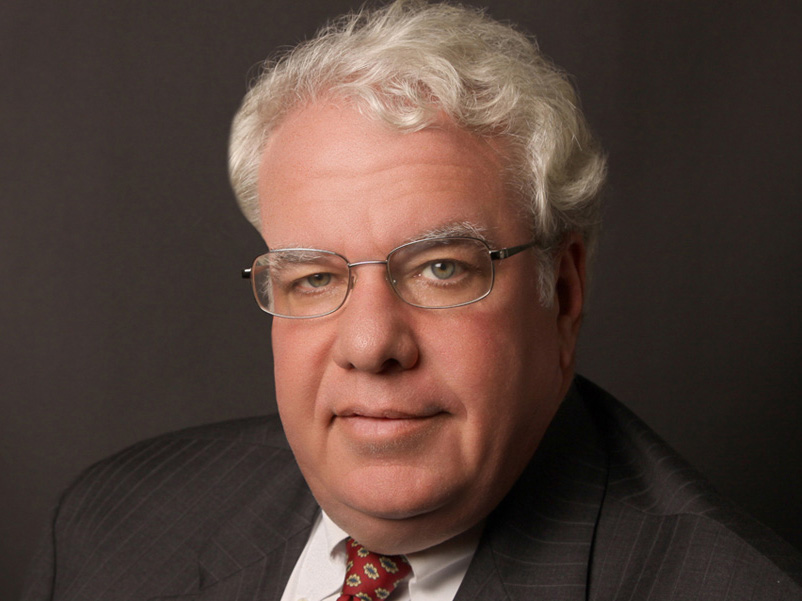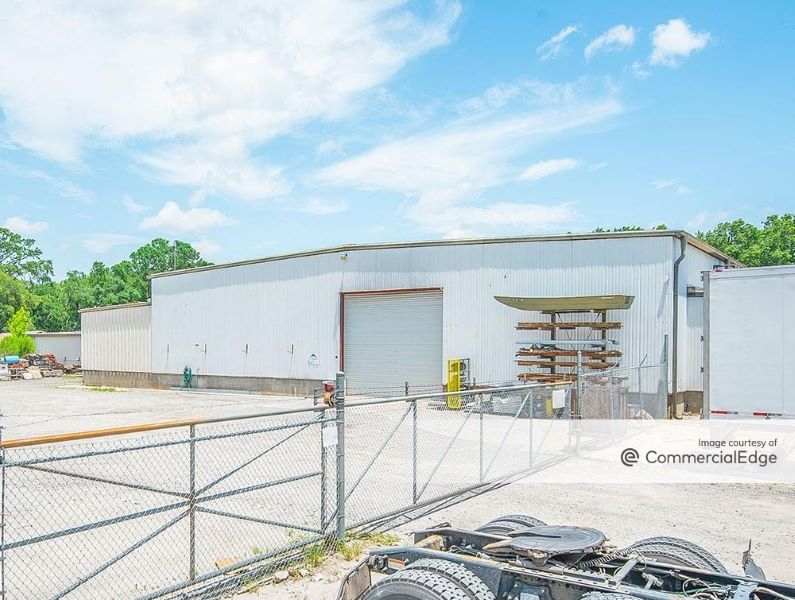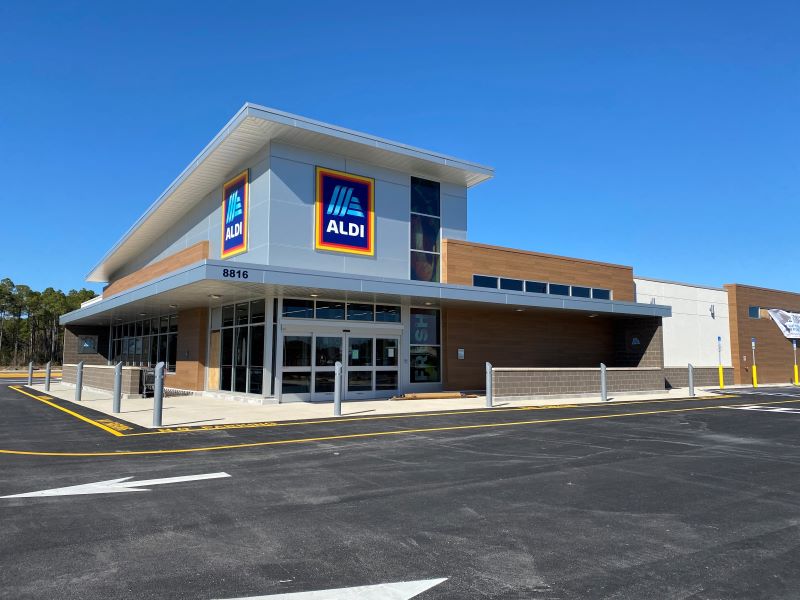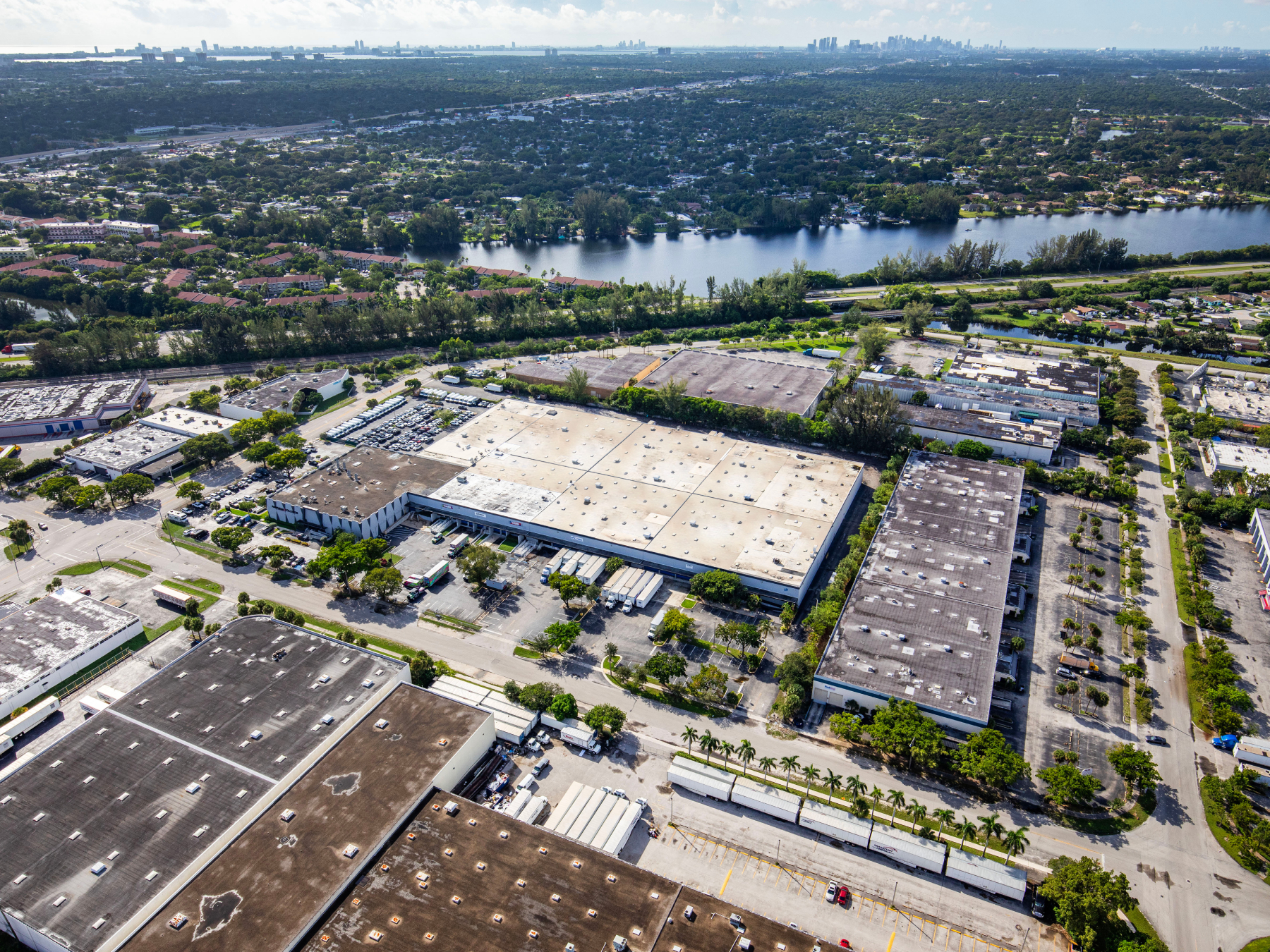Using Tenant Experience to Court Investors: Part I
Capital flows to commercial real estate will be impacted by the industry’s ability to respond to demographic shifts and its willingness to adopt new technologies, say Deloitte’s Steven Bandolik and Jim Berry.
Disruption and technology continue to be key themes for the real estate industry, yet many commercial real estate firms are still behind the curve when it comes to keeping pace with change.
We know from our 2019 outlook report that commercial real estate investors are bullish on diversifying portfolios to capture the evolution of the real estate market due to the changing nature of work and tenant preferences, with increased investment in emerging business models and themes. We also know that 41 percent of commercial real estate investors are interested in redeveloping properties to enhance user experience. So why aren’t more firms clamoring to compete?
For owners and operators, responding to shifting tenant preferences presents an immense opportunity for both funding and growth because doing so can fulfill much of what’s “hot” on investors’ radars right now.
Here’s what real estate firms can do to capture those dollars.
Gear up for a modern workforce
Many investors (79 percent) believe CRE companies should be doing more to attract next-generation talent like Millennials and Gen Zers. And with many baby boomers expected to retire in the next three to five years, it’s likely tenants will place a greater focus on properties conducive to retaining younger talent, too. Diversity is also growing as a priority―both as a cultural imperative and performance driver. In fact, 92 percent of investment firms with more than $30 billion in assets under management agree that more diversified boards help generate greater returns.
The live-play-work model is not the only tool available to owners and operators in appealing to these shifting workforce preferences and attracting investor interest. Helping tenants to attract a modern workforce could also entail supporting a host of other factors, including tech enablement, flexible space use, and even demographic diversity. Investing in tech-forward buildings to create efficiencies for tenants, developing inclusive properties to support positive work cultures, and offering modular leasing options to accommodate a more on-the-go workforce are all ways owners and operators can enhance user experience.
Engage with proptechs to get competitive
Nearly 90 percent of commercial real estate investors agree that proptechs―or real estate fintechs that use existing and developing technologies to enhance operational efficiency, tenant experience and information flow―will have at least a moderate to significant influence on the real estate industry. Investors in North America alone plan to commit on average 16 percent of their portfolios to proptech investments, underscoring the importance for commercial real estate companies to learn quickly how they can help create value for their tenants.
To help unlock funding, commercial real estate companies need to begin viewing proptechs as collaborators, not disruptors, to their business models and consider developing governance models and guidelines to evaluate potential investments based on tenant needs. No matter what, successful partnerships on this front will require commercial real estate owners to shed their fear of proptechs, adopt greater risk appetites and grow comfortable with fail-fast innovation approaches. Why? Not every proptech investment will generate desired results or returns, but those that do will be rewarding for commercial real estate owners.
Ultimately, investors are ready to commit more investment dollars to commercial real estate firms this year and are targeting companies that can demonstrate commitment to solving the industry’s talent problem and strategically partner with proptechs. Next month, we’ll look at how commercial real estate owners and operators can leverage data and cybersecurity to drive tenant experience and further strengthen their value propositions to investors.
Steven Bandolik is a managing director with Deloitte Services LP and a senior leader in Deloitte’s real estate practice. Jim Berry is a partner of Deloitte & Touche LLP and the leader of its U.S. real estate practice. He has more than 34 years of experience serving companies in the real estate, construction and hospitality industries.









You must be logged in to post a comment.